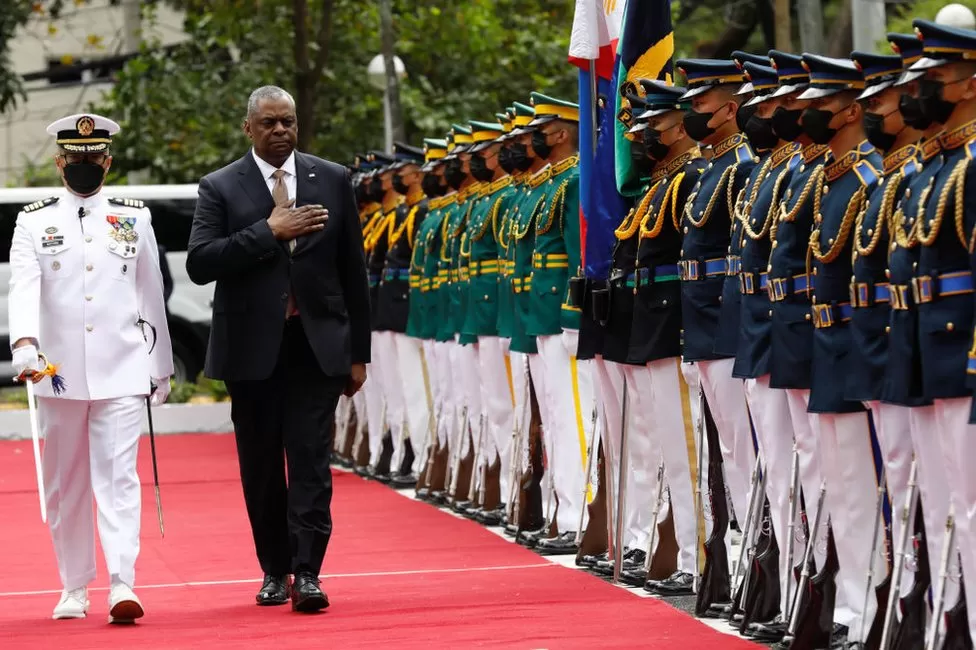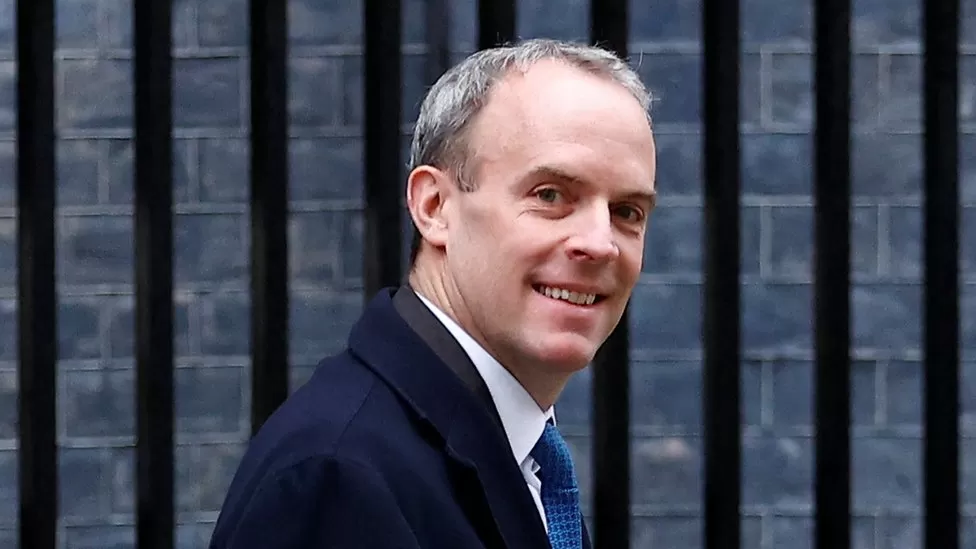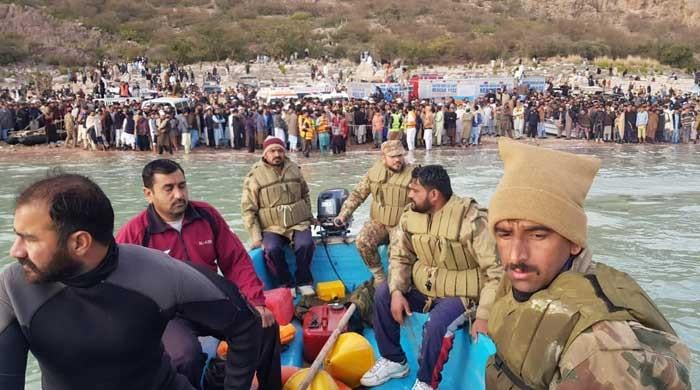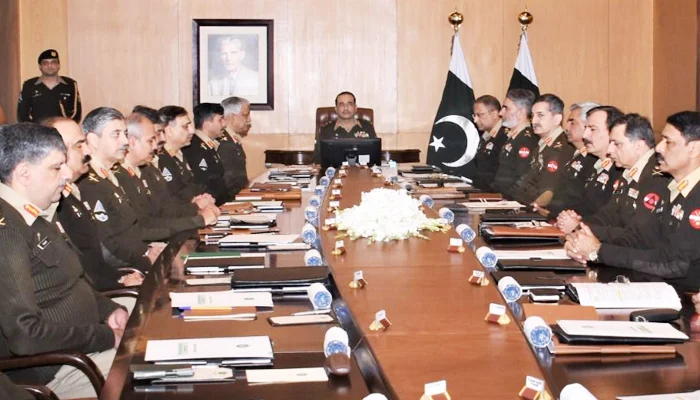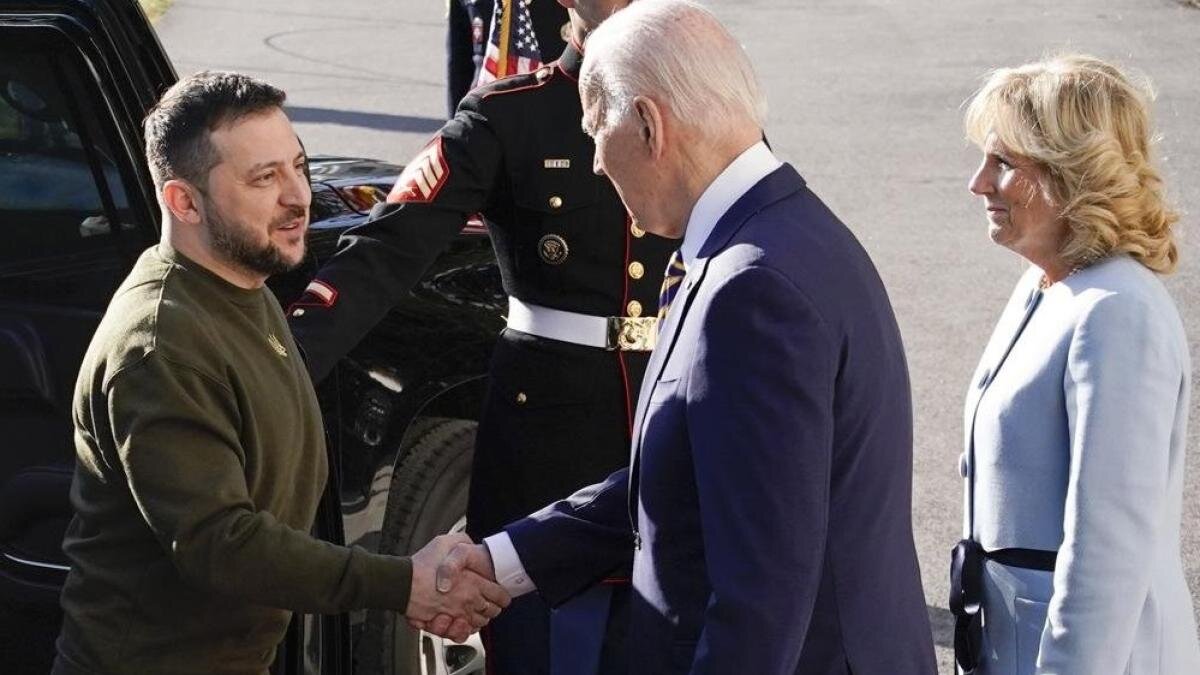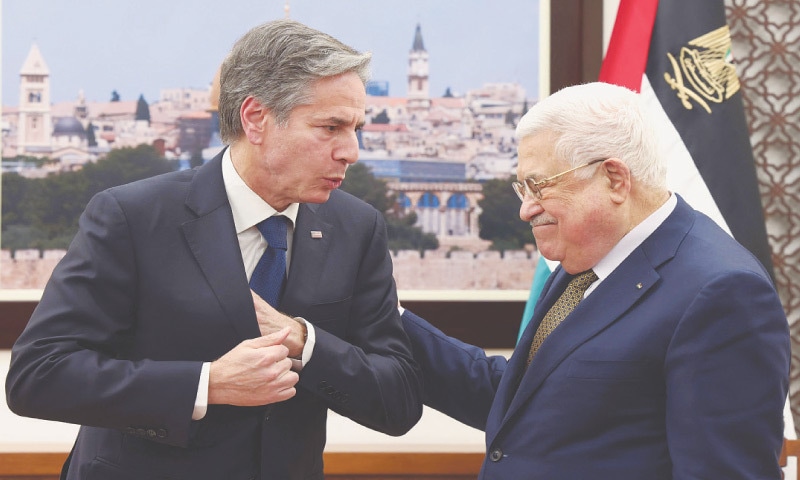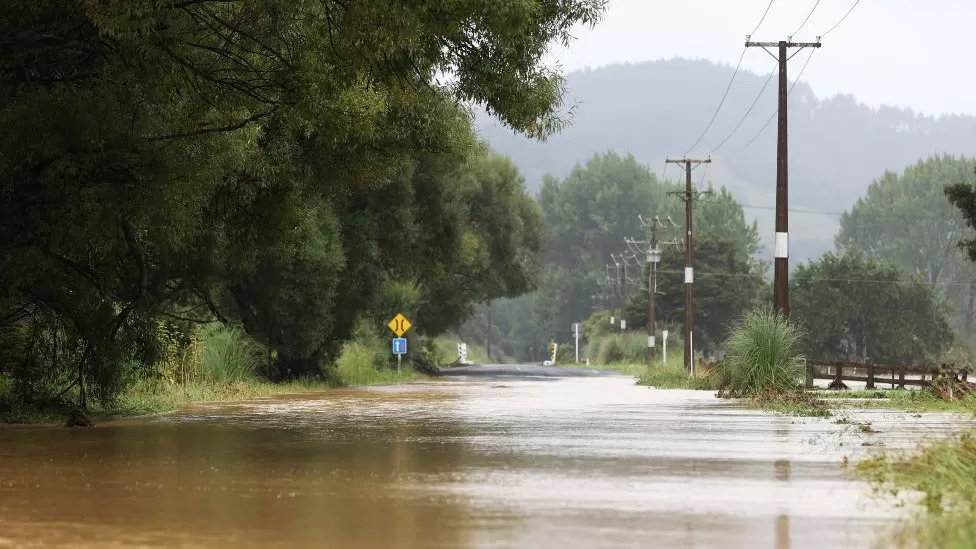With this deal, Washington has stitched the gap in the arc of US alliances stretching from South Korea and Japan in the north to Australia in the south.
The missing link had been the Philippines, which borders two of the biggest potential flashpoints, Taiwan and the South China Sea, or the West Philippine Sea as Manila insists on calling it.
The US already had limited access to five sites under the Enhanced Defense Cooperation Agreement (EDCA) – the new additions and expanded access, according to a statement from Washington, will “allow more rapid support for humanitarian and climate-related disasters in the Philippines, and respond to other shared challenges”, likely a veiled reference to countering China in the region.
The statement came after Defence Secretary Lloyd Austin met Philippine President Ferdinand “Bongbong” Marcos Jr in Manila on Thursday.
The US hasn’t said where the new bases are but three of them could be on Luzon, an island on the northern edge of the Philippines, the only large piece of land close to Taiwan – if you don’t count China.
The deal, which in part reverses the US’ departure from their former colony more than 30 years ago, is no small matter.
“There is no contingency in the South China Sea that does not require access to the Philippines,” says Gregory B Poling, director of the Southeast Asia programme at the Centre for Strategic and International Studies in Washington.
“The US is not looking for permanent bases. It’s about places, not bases.”
That is, it is seeking access to places where “light and flexible” operations involving supplies and surveillance can be run as and when needed, rather than bases where large numbers of troops will be stationed.
In other words, this is not a return to the 1980s, when the Philippines was home to 15,000 US troops and two of the largest American military bases in Asia, at Clark Field and nearby Subic Bay.
Then in 1991 the Philippine government called time. The Filipinos had recently overthrown the hated dictatorship of Ferdinand Marcos, and sending the old colonial masters home would further cement both democracy and independence.
The Vietnam war was long over, the Cold War was winding down, and China was as yet a military weakling. So, in 1992, the Americans went home – or at least most of them did.
Roll forward 30-odd years and another Marcos is back in the Malacañang Palace.
More important, China is no longer a military weakling, and it’s knocking on the Philippines’ front door. Manila has watched – horrified but powerless to intervene – as Beijing has set about redrawing the map of the South China Sea. Since 2014 China has built 10 artificial island bases, including one at Mischief Reef, deep inside the Philippines’ own exclusive economic zone or EEZ.
Up to then relations between Manila and Beijing had been free of major problems, says Herman Kraft, a political science professor at University of the Philippines.
“We had a live and let live situation in the South China Sea. But in 2012 they tried to seize control of Scarborough Shoal. Then in 2014 they began building the islands. The land grab by China changed the relationship.”
“We have very limited capability against the threat from China,” says former Philippine Ambassador to the US Jose Cuisia Jr.
He says the Chinese have repeatedly broken promises not to militarise their new South China Sea bases.
“The Chinese have militarised those features and that puts more of our territory under threat. Only the US has the power to stop them. The Philippines cannot do it alone.”
But this time there will not be thousands of US marines and airmen filling the red-light districts of Olongapo or Angeles city again.
The history of violence and abuse by US troops in the Philippines is still a sensitive subject. There are an estimated 15,000 children left with their Filipino mothers when their American fathers went home.
“We have a long history of inequality in our relationship,” says Renato Reyes, secretary general of New Patriotic Alliance, a left-wing group. “The Philippines has been forced to shoulder the social costs. There’s a history of rape, child abuse, and of toxic waste.”
The US’ return to the Philippines is strongly opposed by the country’s left-wing groups.
While there won’t be as many troops as earlier, Washington is now asking for access to several new locations, some facing the South China Sea, others facing north towards Taiwan. Unofficial reports point to options in Cagayan, Zambales, Palawan and Isabela.
The first one faces Taiwan, the second the Scarborough shoal, and the third the Spratly Islands. Any new US facilities will be inside existing Philippine bases. US troops will come in small groups and on rotation.
The aim, says Mr Poling, will be to deter further territorial expansion by China in the South China Sea, while also providing a place for the US to watch Chinese military movements around Taiwan.
“The Philippines has no way to deter China outside this alliance,” he says. “It’s buying BrahMos missiles from India. The US would like to deploy Tomahawk cruise missiles. Together they can hold Chinese vessels.”
With increasing concern about a conflict over Taiwan, the Philippines could offer a “rear access area” for US military operations, or even a place to evacuate refugees.
“People forget there are between 150,000-200,000 Filipinos living in Taiwan,” Mr Poling says.
But Manila is not about to become a full-blown member of an American alliance to challenge or resist China’s rise, Professor Kraft cautions.
“The Philippines is not doing those things like Australia and Japan, directly challenging Chinese interests in the South China Sea or East China Sea. President Marcos wants good relations with the US. But he also wants good relations with China for economic advantage.”
Beijing too has indicated that it does not intend to allow a new base agreement between Manila and Washington to disrupt its relations with its neighbour.
In an editorial published to coincide with the arrival of the US defence secretary in Manila, China’s state-run Global Times accused the US of “setting a trap for the Philippines” and “trying to push the Philippines to the frontline of confrontation with China”.
“We are once again being caught in the middle,” says Mr Reyes, who believes China is just as much a capitalist imperialist power as the US.
“The Philippines still has a colonial mentality – it looks to the United States as its big brother.”


